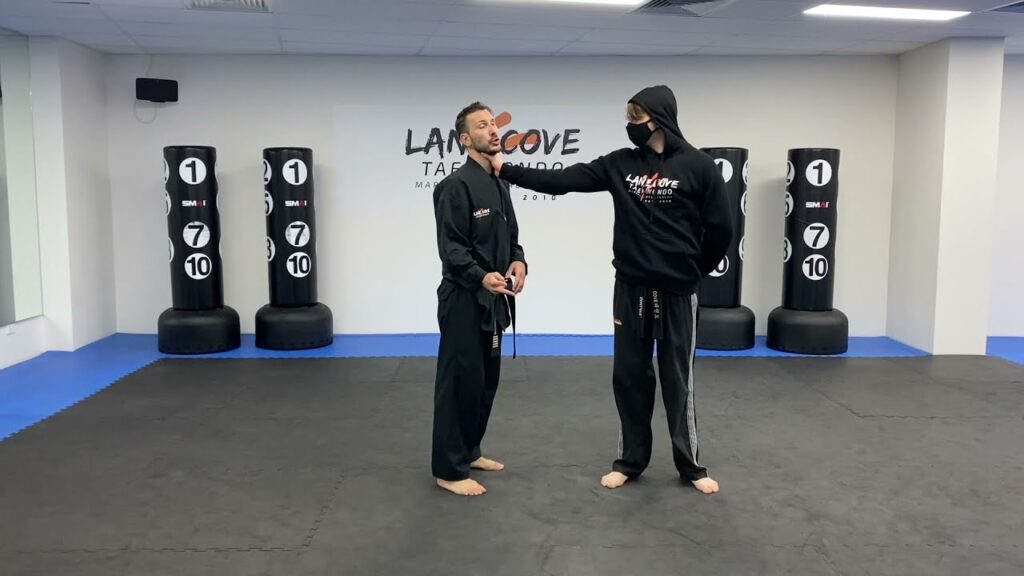
Introduction
This section explains the rules about self-defense, defending others, preventing crime, and lawful arrest. It ensures that people acting reasonably in these situations are not prosecuted. Know more about famous criminal lawyers in bangalore
Reasonable Force in Self-Defence
Any person is allowed to use appropriate force to protect themselves or others. They can also use it to stop a crime or help arrest someone who is committing a crime. If a person acts reasonably, they will not be prosecuted.
The term “reasonable force” means what is appropriate in the situation. Someone facing an attack might react instinctively to protect themselves. In such cases, the law does not expect the person to consider their actions carefully. Even if the person uses force that seems excessive in hindsight, they may still be acting within the law.
When Force is Considered Reasonable
A person can defend themselves preemptively if they feel threatened; they don’t need to wait to be attacked. The level of force used should match the level of threat—for instance, using a weapon might be justified if the attacker is armed.
During intense situations, individuals may react impulsively due to fear or panic. The law recognizes this and considers it. The crucial factor is whether the person genuinely believed they were at risk and used force to defend themselves.
Householders and Intruders
Specific regulations come into play when individuals defend against an intruder in their residence. Homeowners are allowed to use appropriate force to safeguard themselves, their family, or their property, which may involve measures that wouldn’t be deemed suitable in different circumstances.
Nevertheless, the force employed must remain proportionate. For instance, a homeowner cannot pursue and assault an intruder who is no longer posing a threat. If the intruder flees, pursuing and attacking them would likely be deemed unreasonable.
Preventing Crime
Any individual is allowed to use appropriate force to prevent a crime, whether it’s stopping someone from committing a crime or halting an ongoing criminal act. For instance, if someone witnesses an assault, they can intervene to safeguard the victim.
The guidelines remain consistent: the force employed should be sensible and balanced with the circumstances. If an individual uses excessive force, they might face legal prosecution.
Lawful Arrest
Reasonable force is allowed for lawful arrests, giving police the authority to use necessary force during apprehensions. However, they must employ the minimum force required to execute the arrest properly.
Members of the public can also use reasonable force to help arrest someone committing a crime. For example, if a shopkeeper catches a thief, they can use reasonable force to detain the thief until the police arrive.
Conclusion
The law permits using reasonable force for self-defense, protecting others, stopping crime, and making lawful arrests. The force used should match the situation and be fair. People who act reasonably in these situations are not likely to face legal action.




